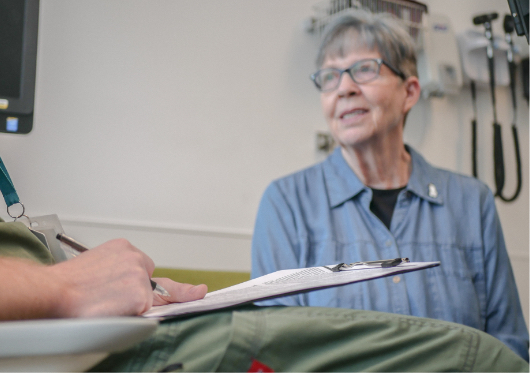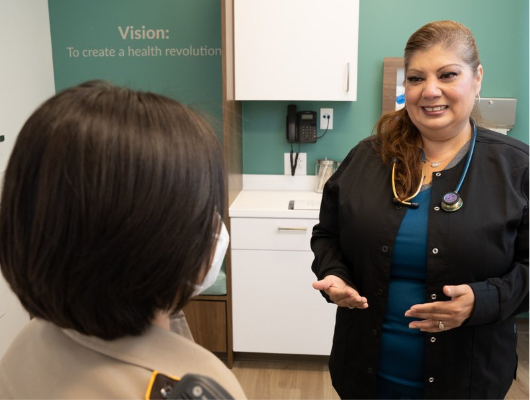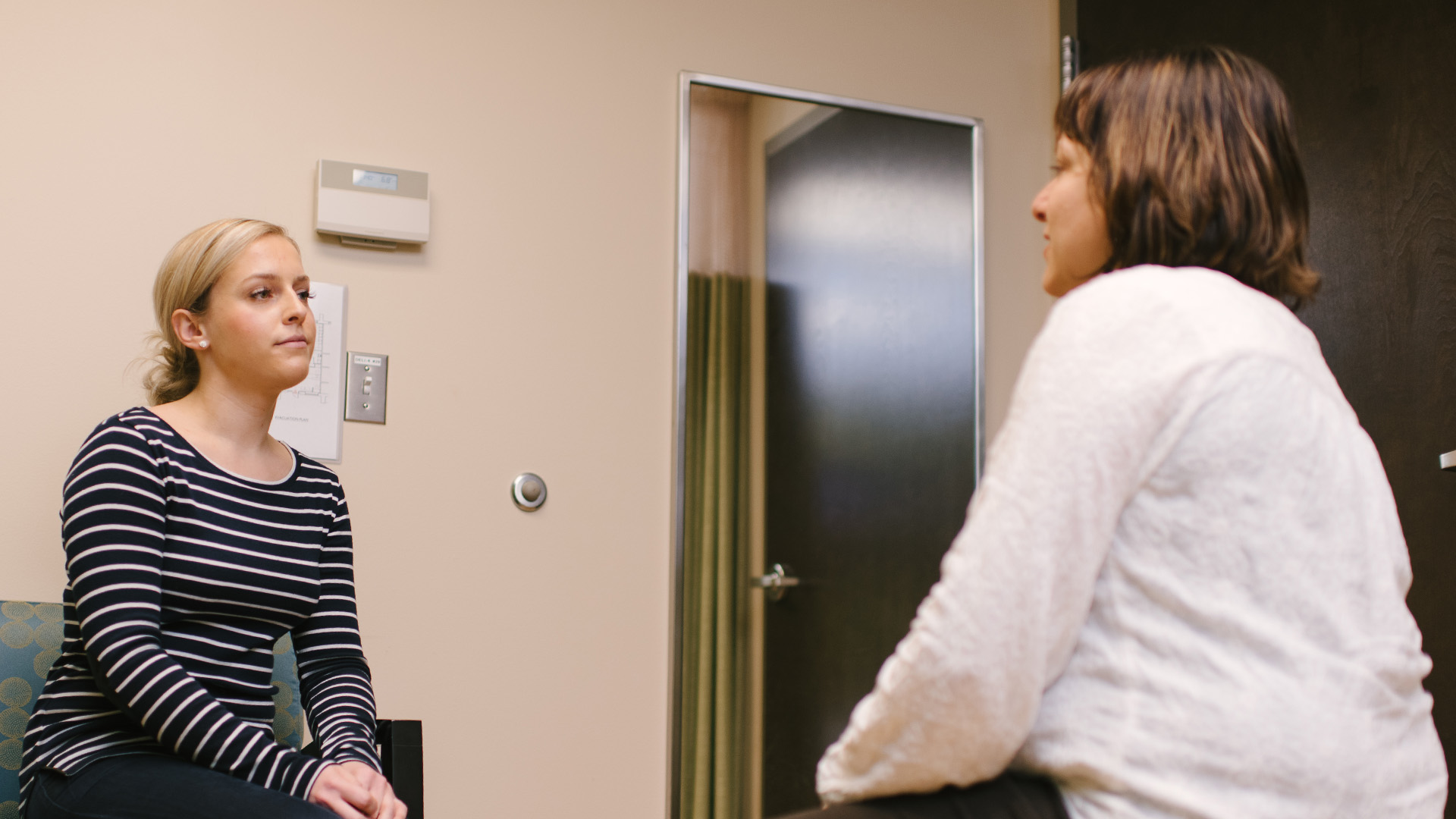Why you are here
The best medical practitioners share one thing: a passion for helping people.
Choosing to practice medicine isn’t easy, is it? It’s a demanding path, but there’s nothing better than engaging with patients, listening to their needs, and helping them improve their lives.
Unfortunately, you’ve probably experienced the roadblocks that the current healthcare system throws in the way of care teams and patients. Long wait times, short visits, poor care coordination, and high costs are typical of most patients’ experiences. This can be incredibly frustrating for providers, who don’t have the time or resources to give each patient the individual attention they wish they could.
At Vera, we want to raise the expectations that providers and patients have about healthcare.
We’re taking on the challenges that hold medical practitioners back — but we can’t do it alone. We need physicians, nurses, health coaches, and medical staff who share our belief that patients deserve to be heard and that empathetic listening is the key to building trust with patients.
If that’s you, keep reading. In this resource, you’ll see more about Vera’s values and vision of healthcare. Most importantly, you’ll see how empathetic listening is the key that unlocks positive change for patients and allows providers to practice care the way it was always meant to be.
Here’s what you’ll find below:
- Practicing in a broken system — Learn why traditional healthcare fails practitioners and patients, and why it’s so difficult for providers to practice empathetic listening
- Advanced primary care: Putting empathetic listening into action — Find out how a new model of primary care makes empathetic listening possible by addressing the most prevalent problems in healthcare
- How providers use empathetic listening at Vera — Learn more about how Vera providers build connections with members
- How empathetic listening transforms the member experience — See how empathetic listening has a positive effect on the lives of members














